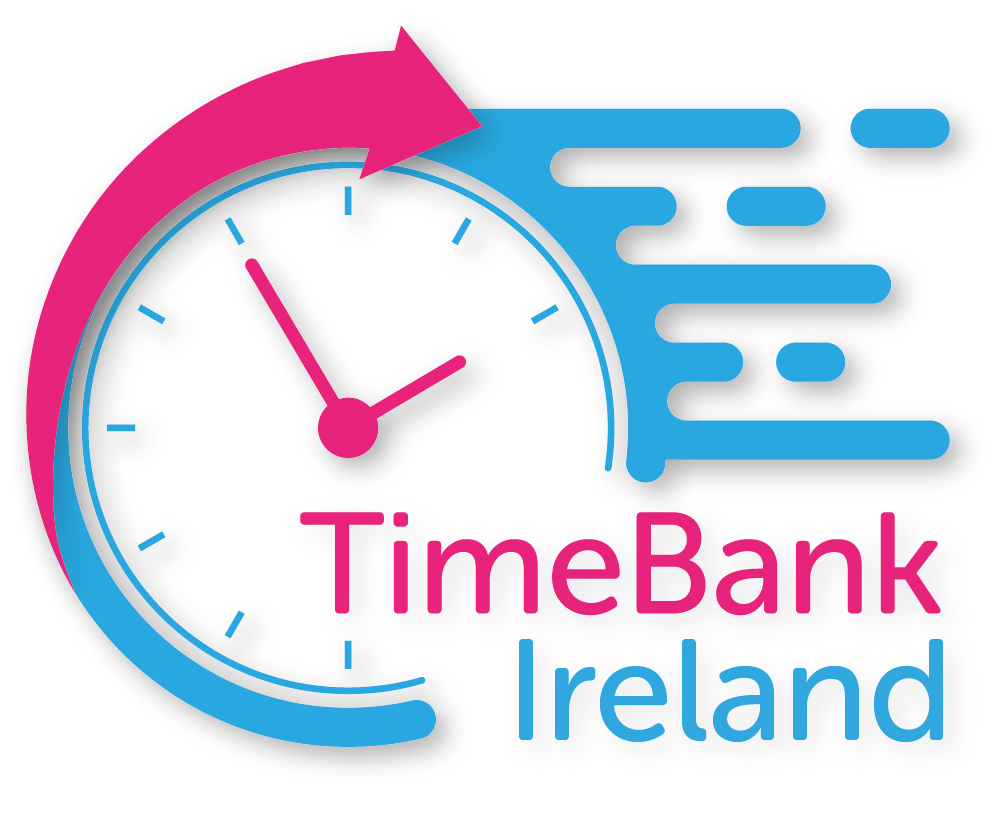The Concept of Time Credits
What are Time Credits?
Time Credits are a form of community currency where individuals earn credits by volunteering their time and skills to benefit the community. In essence, an hour of your time earns you a Time Credit, which you can then spend on services or experiences provided by others in the community.

Introduction
Have you ever wondered if there’s a currency more valuable than money? A currency that everyone possesses, yet often overlooks? Enter the world of Time Credits, a revolutionary concept that’s reshaping how we perceive value and community engagement.
The origin of the concept
The idea of Time Credits isn’t entirely new. It traces its roots back to ancient barter systems where goods and services were exchanged directly without the need for money. Fast forward to today, and the concept has been revitalized to foster community engagement and mutual support.
The Philosophy Behind Time Credits
The value of time
Time is the one resource we all have in equal measure. Whether you’re a CEO or a student, we all have 24 hours in a day. Time Credits recognize this equality and promote the idea that everyone’s time is equally valuable.
Building community connections
Beyond transactions, Time Credits are about building relationships. They encourage people to connect, collaborate, and support one another, fostering a sense of community and belonging.
How Time Credits Work
Earning Time Credits
It’s simple! Volunteer your time or skills to a community project, event, or service. For every hour you contribute, you earn a Time Credit.
Spending Time Credits
Once you’ve earned Time Credits, you can spend them on services or experiences offered by other community members. This could range from attending a yoga class to getting help with gardening.
Benefits of Time Credits
For individuals
Time Credits empower individuals by recognizing their contributions and skills. They also provide access to services and experiences they might not otherwise afford.
For communities
Communities thrive when members actively participate and support one another. Time Credits foster this sense of unity and shared purpose.
For businesses
Businesses can also benefit by accepting Time Credits, as it can increase customer engagement and loyalty.
Challenges and Criticisms
Potential pitfalls
Like any system, Time Credits aren’t without challenges. There’s the risk of exploitation or the devaluation of professional services.
Addressing misconceptions
Some might argue that Time Credits undermine traditional economic systems. However, they’re meant to complement, not replace, existing currencies.
Real-world Examples of Time Credits
Case study 1: A local community
In a small town in England, residents have embraced Time Credits to revitalize their community. From organizing local events to offering skill-sharing workshops, the town has seen a surge in community participation.
Case study 2: A business model
A startup in the US has integrated Time Credits into its business model, allowing customers to earn credits by volunteering and then spend them on the company’s products.
The Future of Time Credits
Technological advancements
With the rise of digital platforms and blockchain technology, Time Credits could soon become a global phenomenon, easily transferable and trackable.
Global adoption
As more communities and businesses recognize the value of Time Credits, we could see a shift towards a more inclusive and community-driven economy.
Conclusion
Time Credits are more than just a currency; they’re a movement towards recognizing the inherent value of every individual’s time and contribution. By embracing this concept, we can foster stronger communities, promote mutual support, and pave the way for a more inclusive economic system.
FAQs
What can I purchase with Time Credits?
- It varies by community, but typically you can access services, experiences, or even products offered by other members.
How do I earn Time Credits?
- By volunteering your time or skills to benefit the community.
Are Time Credits taxable?
- In most jurisdictions, Time Credits are not considered taxable income as they are a form of barter.
Can I exchange Time Credits for money?
- No, Time Credits are meant to be exchanged for services or experiences within the community.
How do businesses benefit from accepting Time Credits?
- They can attract new customers, build loyalty, and strengthen their connection to the community.

